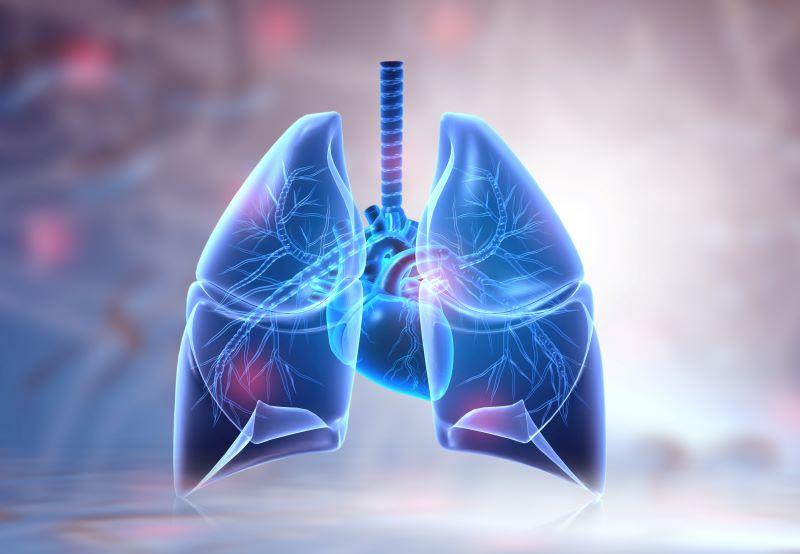Get Healthy!

- Dennis Thompson
- Posted April 24, 2023
Cool Storage Could Keep Lungs Ready for Transplant Longer
Storing donor lungs at cool -- but not near freezing -- temperatures can markedly increase the length of time the organs can live outside the human body, a new study suggests.
Lungs stored at 50 degrees Fahrenheit remain healthy and viable for transplant up to four times longer than those stored at the current standard temperature of 39 degrees, according to new clinical trial results.
"The clinical impact of this study is huge. It's a paradigm shift for the practice of lung transplant,"said lead researcher Dr. Marcelo Cypel. He is surgical director of the Ajmera Transplant Center at the University Health Network in Toronto.
"I have no doubt that this will become the gold standard practice of lung preservation for the foreseeable future,"Cypel added.
The availability of lung transplants is limited by the length of time that donor lungs can be kept viable, the researchers explained in background notes. Increasing storage time would allow donor lungs to come from greater distances, making transplants available to more patients.
"In transplant, we still see a critical shortage of organs and people dying on the waitlist because there are not enough lungs to be transplanted,"Cypel said in a University Health Network news release.
For this clinical trial, 70 patients were provided lung transplants over a year and a half in Canada, Austria and Spain. All of the lungs were preserved at 50 degrees.
The patients' outcomes were then compared to 140 other patients who received donor lungs preserved at the standard temperature.
No significant differences were observed between the two groups in terms of organ rejection or average intensive care unit or hospital stay, the researchers found.
Typically, organs stored longer than eight hours at 39 degrees are considered high-risk for transplantation, the study authors noted.
But lungs kept at 50 degrees were implanted safely after an average 12 hours' storage, the findings showed.
The report was published April 20 in the journal NEJM Evidence.
Currently, transplants are performed on an urgent 24/7 schedule. Having those few extra hours could allow lung transplants to become planned procedures, which would avoid bumping scheduled surgeries and overnight operations, the researchers suggested.
This could prove particularly important in the post-pandemic age, in which there are increased surgical backlogs and stretched hospital resources.
The extra time would also allow better matching of donors and recipients, further reducing the risk of rejection, the study team said.
More information
The Cleveland Clinic has more about lung transplants.
SOURCE: University Health Network, news release, April 20, 2023




